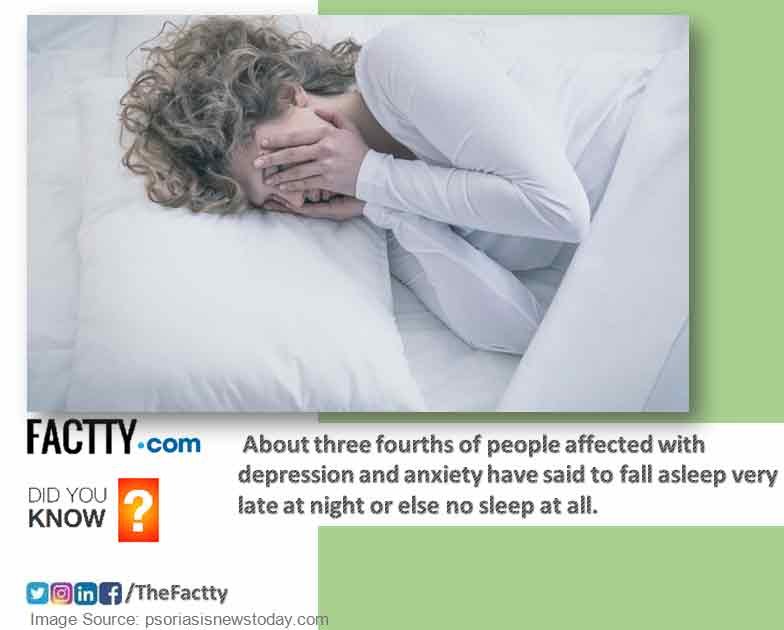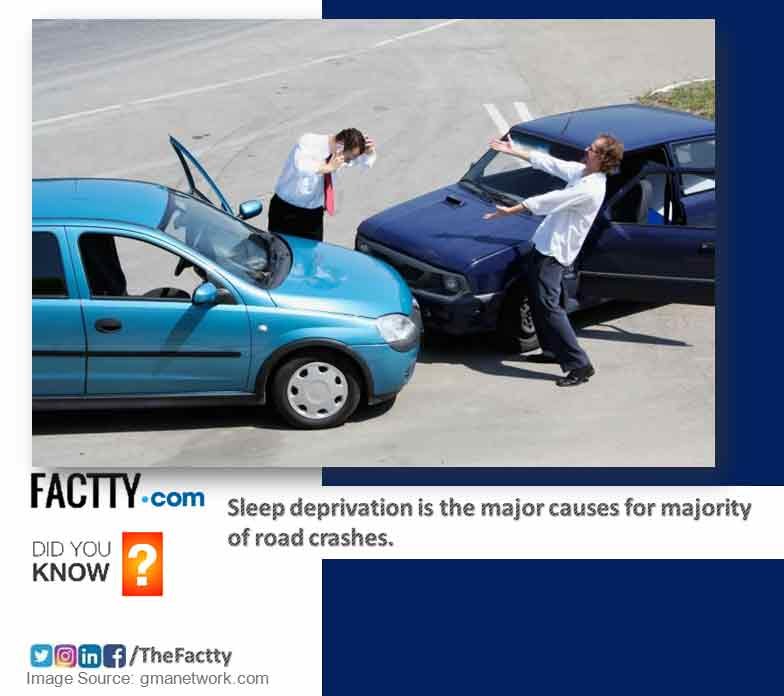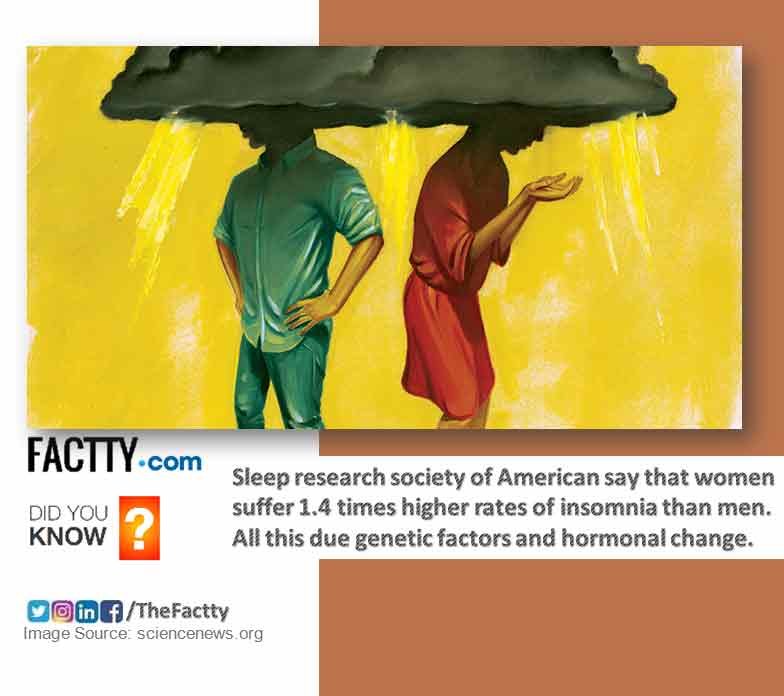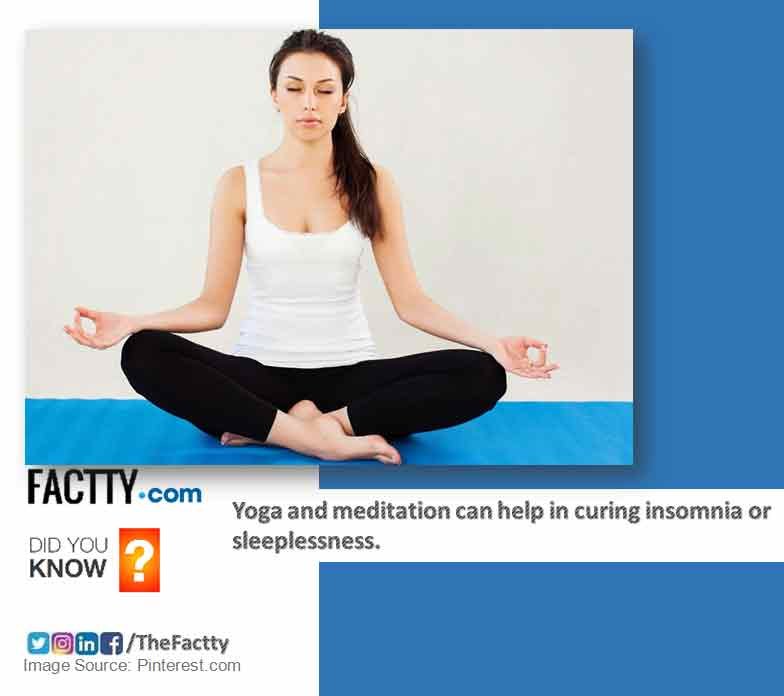In our school days, we learned that health is defined as a state of our body’s overall well-being which includes both the physical and the mental state as well as the social state too.
Health is not only about keeping yourself away from any injuries or illnesses but also keeping one’s mind free of any stress which is known to cause more harm than physical injury. Our Modern world has become more stressful which is leading to many mental and physical breakdown among adults. What is more alarming is the constant increase of stress among young boys and girls which is paving way for sleeplessness also among the youth and children. Such shocking cases surely raises one’s eyelids and forces one to think of the amount of time wasted just wondering what to do next. Hence the following article will give you a quick walk through some of the shocking facts about stress and sleeplessness.
1. The silent killer
Stress has been dubbed as “The Silent Killer” as it has been linked to many heart diseases, high blood pressure, chest pain and in many cases major strokes.

2. The most stressful jobs in the world
According to studies it has been proved that the most stressful people in the world are people working in the following services- surgeon, commercial airline pilot, photojournalist, advertising account executive and real estate agent, while the least stressful are-actuarial, dietician, astronomer, systems analyst, and software engineer.

3. Headaches related to stress
It is a commonly accepted fact that stress leads to headaches and ultimately a slow death. Stress can impair our ability to think properly as sleep deprivation wreaks havoc on our brains as well as o our body which also causes fatigue due to less sleep. We even tend to forget things quickly due to sleep deprivation.
4. Depression and anxiety are directly interconnected with sleep
About three-fourths of people affected by depression and anxiety have said to fall asleep very late at night or else no sleep at all. People affected by extreme stress have shown signs of the increased level of anger and bad temper even at minute things.

5. Sleep and stress work in a cycle
While one may find that stress ultimately leads to fewer sleep hours, same way less sleep makes one more stressful. Sleep and stress both are moving in a cyclic order and harming our mental and physical well-being.
6. Sleep deprivation is the major causes for the majority of road crashes
People with a lot of stress are surely less focused in their present moment and lack concentration in whatever is going on in the present. Thus due to stress, they feel less sleepy and more fatigued. Which in turn makes their brain working slow. It is estimated that the majority of road accidents occurring in cities are caused by fatigued drivers who are deprived of sleep.

7. Stress makes our brain race instead of tugging on one thought
Stress does not put a person into thinking just one case, instead of during night we are trying hard to sleep our brain is actually working and forced to think which we shouldn’t be thinking our brains start racing with thoughts making us fatigued and drowsy the next morning. It directly affects our immune system, nervous system, inhibiting functions involved in memory, muscle repair and mood.
8. Stress increases your chances of insomnia risk
Bad news for all sleep deprived. It has been already proved how stress affects our sleep and mental status, but the more bad news is that it also robs your of sleep completely. People with extreme stress become so susceptible to less sleep that they lie at the higher risk of insomnia. One might just forget to sleep and stay awake whole night for many days altogether which will ultimately lead you to your deathbed. What are you thinking? Do you want to face risk or release your body off the risk?
9. Women have a higher risk of insomnia
Hereditary passing estimates of insomnia vary between 38% in males to 59% in females. Recent research conducted by sleep research society of American say that women suffer 1.4 times higher rates of insomnia than men. All this due genetic factors and hormonal change.

10. Yoga and meditation can help in curing insomnia or sleeplessness.
5 Yoga exercises for the sound sleep:
- Standing forward bend (Hastapadasana)
- Cat stretch (Marjariasana)
- Child Pose(Shishuasana)
- Butterfly pose (BaddhaKonasana)
- Legs-up-the-wall pose (ViparitaKarani)

0 Comments